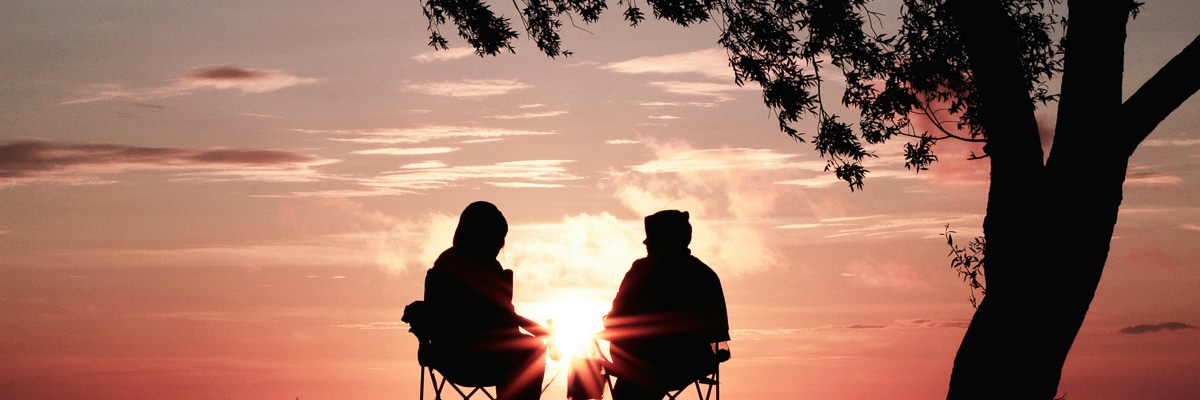
Theologian Dorothee Sölle (1929–2003) understood God’s kingdom as good news for women and all oppressed people.
The Jesus movement was a group of female and male friends who followed the little man from Nazareth. Many had no fixed dwelling and had abandoned their traditional family bonds…. We can best imagine these conditions if we think of the vast [barrios] of Latin America, for example, where the poorest of the poor are women. When the New Testament speaks on almost every page about the sick, we must think here of sick women, blind, paralyzed, and seared by misery. Many were psychically sick, or possessed by demons, as the New Testament says. The Jesus movement offered hope for these sufferers. They were healed and began to heal others. They heard the good news of liberation and passed it on. They were filled, and they shared the little they had.
The Jesus movement lived in conflict with its society. Jesus expected the reversal of all social oppositions through God’s intervention, and this expectation—“the kingdom of God is at hand”—characterized the movement. All those who were outsiders according to the norms of society and held to be “impure” according to the law—the poor, the landless, public sinners, tax collectors, and women—were accepted here. “The last will be first” [Matthew 20:16] is a keynote permeating the whole message of Jesus. [1]
James Cone (1938–2018) relates Jesus’ vision of God’s liberating kingdom to the experience of Black enslavement:
In their encounter with Jesus Christ, black slaves received a “vision from on high” wherein they were given a new knowledge of their personhood, which enabled them to fight for the creation of a world defined by black affirmations. Their hope sprang from the actual presence of Jesus, breaking into their broken existence, and bestowing upon them a foretaste of God’s promised freedom. They could fight against slavery and not give up in despair, because they believed that their earthly struggle was a preparation for the time when they would “cross over Jordan” and “walk in Jerusalem just like John.” They were willing to “bear heavy burdens,” “climb high mountains,” and “stand hard trials,” because they were “trying to get home.” Home was the “not yet,” the other world that was not like this one. Jesus was the divine coming One who would take them to the “bright mansions above.”…
For many black slaves, Jesus became the decisive Other in their lives who provided for them a knowledge of themselves, not derived from the value system of slave masters. How could black slaves know that they were human beings when they were treated like cattle?… [Or] that they had a value that could not be defined by dollars and cents, when the symbol of the auction block was an ever present reality? Only because they knew that Christ was present with them and that his presence included the divine promise to come again and to take them to the “New Jerusalem.” [2]
References:
[1] Dorothee Sölle, On Earth as in Heaven: A Liberation Spirituality of Sharing, trans. Marc Batko (Louisville, KY: Westminster/John Knox Press, 1993), 19–20.
[2] James H. Cone, God of the Oppressed, rev. ed. (Maryknoll, NY: Orbis Books, 1997), 117, 119–120. Phrases quoted by Cone are from various Black spirituals.
Image credit and inspiration: Harli Marten, untitled (detail), 2016, photo. Unsplash. Click here to enlarge image. The reign of God is peace, even today, between two people and a tree at sunset.
Story from Our Community:
On my daily walk around my English village, I practice mindful listening. I hear the birds chirping, dogs barking, and creatures scurrying about. As I walk down busy roads, the natural sounds are drowned out by the noise of vehicles. This is when I say the Jesus Prayer. Both listening and then offering prayer deepen my love and appreciation for all creation, both natural and manmade.
—Trevor J.




